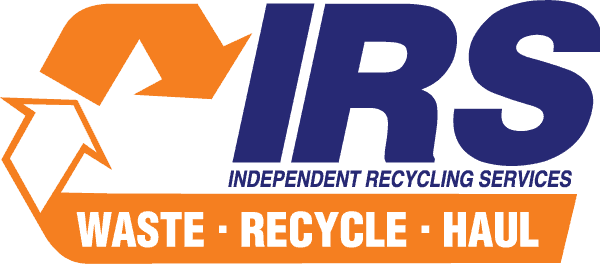FAQ
Recycling Information
We use different recycling collection containers to minimize the risk of contaminants and liquids. Keep paper separate from potentially “wet” recyclables.
We use different recycling collection containers to minimize the risk of contaminants and liquids. Keep paper separate from potentially “wet” recyclables.
No, it is not necessary. You should remove rubber bands if possible though.
The cleaning crew is trained to make sure the two material streams are not mixed. They collect both clear recycling bags and black trash bags and empty the items into the appropriate waste and recycling bin for bulk pick-up service. If it seems like the material IS getting mixed, this could mean one of two things: 1) the cleaning crew has identified contamination in your recycling bin, and is disposing of the material as trash OR 2) a refresher training may be needed.
- Single-use coffee cups/lids? Not recyclable in the current industry (cup has plastic lining, and lids are typically plastic #6).
- Styrofoam? No. This is plastic #6, polystyrene, and comes in two forms: expanded (fluffy and white) and rigid (clear). Check the number on your container.
- Binders? No. Binders are made out of 3+ materials (plastic, cardboard, and metal). These should be reused or discarded in the trash. You can recycle the paper that is in the binders though!
- Plastic bags, straws, or silverware? No.
- Pizza boxes? No.
- Waxed or plastic-lined items (such as juice, milk, or half and half containers)? No.
- Food, chip, candy, or coffee bag wrappers? No.
- Glass? Yes. But if the glass is broken, it should be placed in the trash.
- Shredded Paper? Yes — must be in a clear bag so that the shredded paper does not become loose and scattered, and so that our employees can see through the bag and ensure it contains recyclables.
- Envelopes with Plastic Windows? Yes.
- Paper Towels/Napkins/Tissue? These items should not be included in recycling containers. If your building offers a compost program, then paper towels and napkins can be placed in the compost bins (but tissue should always go in the trash).
- Electronics? It is illegal to dump electronic waste (e-waste) in single stream recycling/trash systems. However, Independent Recycling Services does offer an e-waste program for pickup and proper disposal of these items.
General Information
Yes. We have worked on many LEED projects, some of which have recycled more than 95% on the jobsite. Our construction sales team will handle the details, reports, and documentation to ensure compliance and reduce your environmental impact on the job-site.
Yes, but many streets and alleys may require an additional permit through the City of Chicago Streets and Sanitation Department. The good news is IRS can easily take care of this for you and offers 3 day or 30 day permits. To make delivery easier please try to block off 2-3 parking spaces so there is enough room to drop-off the roll-off dumpster. Please note that the City of Chicago charges an additional fee for metered spaces and requires alleys must be at least 16 feet wide or larger to accommodate a 10, 20, or 30 yard roll-off box.
Hazardous and special waste items are illegal to dispose of in the regular garbage stream or single-stream recycling. We do offer permitted special waste and hazardous waste pick-up services for businesses. For more information about recycling paint, oil, chemicals, appliances containing Freon, pesticides, tires, batteries, bodily fluids, electronics, asbestos, or light bulbs call 312-RECYCLE.
